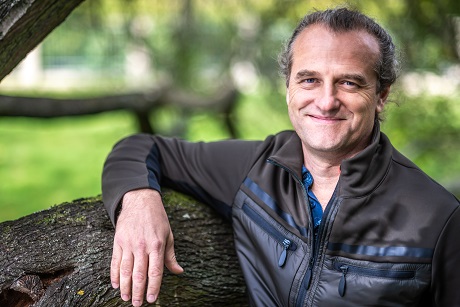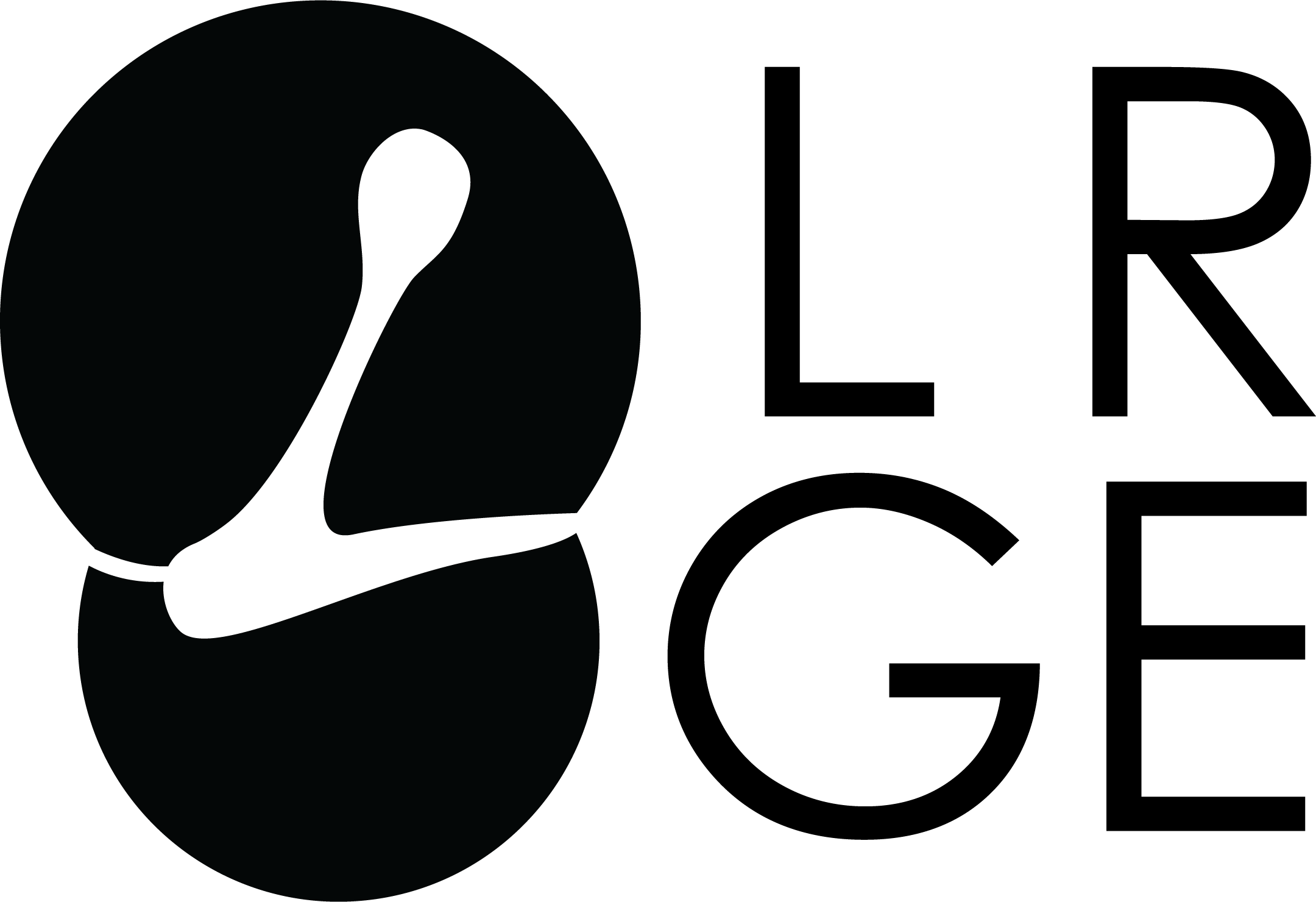About me

I started my scientific career maybe not in the right place, but definitely at the right time, when the world started to open up to the post-communist countries. After obtaining a master's degree in genetics and molecular biology in 1994 from Charles University in Prague, with adequate knowledge but very limited practical skills, I went on to study for a PhD at the University of Vienna. The picturesque city on the Danube river soon became the cradle of my first real, independent scientific steps. Despite the fantastic environment, my original PhD project on microtubule-associated proteins hit a dead end after a long struggle, but thanks to an unexpected serendipity, I naturally switched gears and started studying translation control, which became my scientific destiny ever since. While still in Vienna, encouraged by the success of my new project, I designed my first project of my own and brought it to completion with a publication in JBC 1999, which I wrote and where I was the first and, for the first time, also the co-corresponding author. This event made me to start believing that I might one day be able to start my own lab. When my days in Vienna were counted with completed PhD, I went on to do postdoctoral work in the Laboratory of Gene Regulation and Development, National Institute of Child Health and Human Development, NIH, under supervision of Dr. Alan Hinnebusch. Five years with this very honest, smart and hard-working, yet very human person turned into a precious jewel that I have cherished ever since, because it provided me with the critical skills needed for a young and ambitious future group leader, and because it opened many doors that proved to be very important for my future career. I finished with 5 first-authored and 8 co-authored papers under my belt, all describing various aspects of the translational control mechanisms in the budding yeast, and faced the question of whether to start my own lab in the US, which would have been much easier at the time, or whether to return to the Czech Republic. My heart was calling me home, plus the second option seemed much more challenging, and I like challenges very much. Therefore, I made not mistake and landed at the Institute of Microbiology (IMIC) of Czech Academy of Sciences (CAS) in Prague in June 2004, to be appointed as Independent Investigator after receiving the “welcome‐back‐home” Fellowship of J. E. Purkyne from the CAS. Since 2006, I have been the head of the Laboratory of Regulation of Gene Expression (LRGE) at the IMIC CAS.
My major ambition has been to prove to myself and to others that even in our post-communist country it is possible to do great science without excuses. In 2023, this dream of mine has come true with our solely “Czech-made” publication in Nature. Since it is surreal to dream big and then stop dreaming, my new ambition is to capitalize on the knowledge my team has gained and, in close collaboration with our colleagues and friends, to expand it further and make the most of it for people – maybe under the just submitted ERC Synergy wings?
In Prague, my lab has continued with combined genetic and biochemical studies to elucidate particular roles of individual translation initiation factors in the assembly of pre-initiation complexes, ribosomal scanning and start codon selection. In a related line of work, we obtained the first evidence implicating the translation initiation complex eIF3 in the specialized process of translation reinitiation wherein ribosomes engage in a second initiation event following termination at a stop codon upstream on the same mRNA. We also devised an intricate new technique that allowed us to demonstrate for the first time that eIF3 does not dissociate from the 40S subunit upon subunit joining, as previously believed, but remains 80S-bound also during early elongation; (we showed the same for eIF4G later too). In the meantime, we teamed up with Dr. Thomas Preiss (UNI of Australia) to produce a powerful new methodology for genome-wide profiling of 40S subunits (Selective TCP profiling), which enables mapping at nucleotide resolution the locations of scanning or terminating 40S subunits bound by any initiation factor on all expressed mRNAs in living cells. This approach also uncovered an unsuspected mechanism wherein the subunits of multi-subunit initiation factors, including eIF3 and eIF2, are assembled while their polypeptide chains are still being synthesized by ribosomes, which likely serves to guide and enhance the correct assembly pathways.
In 2010, we branched out from yeast to characterize assembly of the far more complicated human eIF3 complex and has made several contributions to elucidating the pathway for independent assembly of its two distinct modules, as well as assigning biochemical functions to particular human eIF3 subunits.
In an independent line of research, we were the first to implicate the eIF3 complex in the control of translation termination and stop codon readthrough. This insight opened an entirely new field for us, as it allowed us to identify the complete set of yeast and human tRNAs able to induce readthrough and provided new insights into tRNA base modifications, mutations, and drugs that modulate readthrough. Elucidating tRNA sequence features that regulate translation readthrough positioned us to make our most recent outstanding discovery, in collaboration with Drs. Lukeš and Paris, that a natural variant of Trp-tRNA with a shorter anticodon stem found in a newly described species of trypanosomes is able to decode UGA stop codons in addition to UGG Trp codons, accounting for the widespread use of UGA stop codons to encode Trp in this organism (link). We further showed that the termination factor eRF1 is altered in this organism to diminish recognition of UGA as a stop codon, to allow for a wholesale UGA reassignment as Trp. This research, published Nature in January of 2023, received widespread acclaim as witnessed by our winning cover page design (that some muse singing into my ears on one late evening created) and a commentary in the same issue of Nature written by the renowned leader in the field of recoding.
Thus, our work allowed me to establish myself as an international leader on the mechanism of translation termination and recoding in addition to my recognition as an expert on eIF3 and the mechanisms of translation initiation and reinitiation, as evidenced by several invited reviews and commentaries.
I have also participated in several national and international networks to support the broad research community. Currently, I am member of Management committee of the large European network COST Action CA21154 (TRANSLACORE). Together with our close collaborator, Roland Beckmann (University of Munich, LMU, Germany), I am also a holder of the joint DFG & CSF Lead Agency Grant. In 2020, I won the prestigious GACR President’s 2019 award from Czech Science foundation and the most prestigious scientific grant in the Czech Republic – Praemium Academiae from the Czech Academy of Sciences.
It is NEEDLESS to say that NOTHING of this would be POSSIBLE without OUR TEAM.
Personally, my two biggest dreams have always been to play ice hockey at NHL or Rock&Roll with a famous hard-rock band – never science :) I'm too old for that, but thankfully not for good science! I have always been driven by curiosity and creativity with no limits and no boundaries, while trying my best to give full respect to everyone and everything. Therefore, I want to learn not only how our cells operate at the molecular level but also how our psyche/soul - whatever people call it - affects our daily life. To quench my thirst for cognition, I explore the mechanistic details of embodiment of genetic information encoded in DNA into proteins as my daily bread. As my hobby, I revive the deep "memories" of my body&soul via various psychotherapeutic procedures of the West like Family constellations, as well as the ostensibly mystic techniques of East cultures such as holotropic breathing, active meditations, tantra etc. Despite the initial chaos, everything seems to make perfect sense, as long as your perception of subjective reality doesn't stop at a learned stop but reaches beyond. Other than that, I like cool music (guitars :), sport (downhill skiing, biking, climbing, hockey, squash, scuba diving), writing, traveling, fine dining, gardening, raising chickens, woodworking, etc. And last but not least, actually above all, I love showing the world to my three sons David, Jakub and Dan, together with my incredible fiancée Veronica.
My personal motto is: Believe nothing but admit everything!


